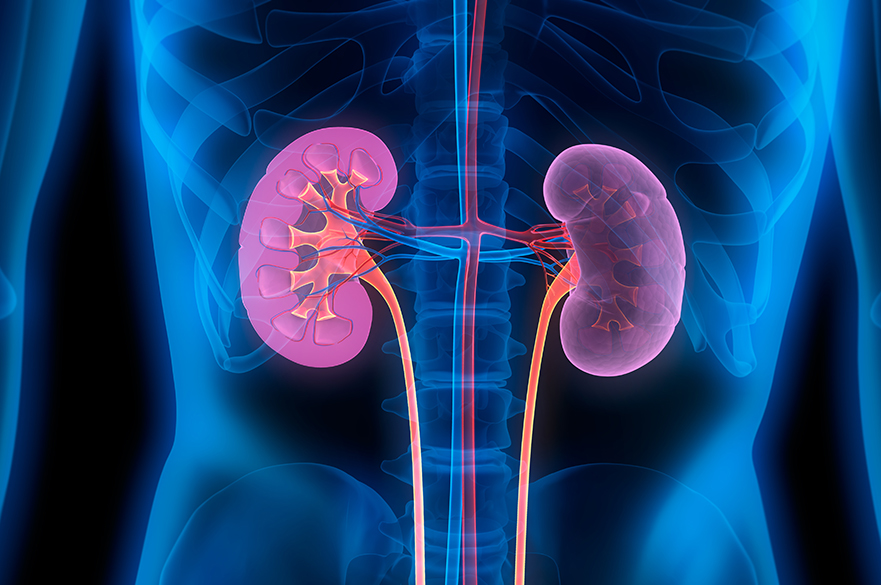Clinical Education PGCert
About this course
The Institute of Health and Allied Professions at NTU offers a comprehensive suite of continuous professional development (CPD) courses that have been designed and developed to meet the needs of the local health sector workforce.
The course has been jointly developed by NHS England (NHSE) and Nottingham Trent University and is designed to support the development of knowledge, skills and understanding of adult learning and educational theory.
It is ideal for prospective GP Educational Supervisors (ES).
The course will also guide the prospective ES through the NHSE process of training practice and educator approval.
The course has a careful blend of theory and practice, and promotes evidenced based and reflective teaching practice. The curriculum is designed to provide a theoretical basis for educators in clinical setting in health care particularly GPs who wish to become an ES. This theoretical basis is combined with exploration of the application of theory.
The course is delivered over 6 days, and is delivered in partnership with NHSE East Midlands.
What you’ll study
The two modules will encourage students to not only examine the knowledge and skills requirements for advanced and competent practice as educators, it will also explore specific themes based upon experiences in practice. In this way students will be able to integrate learning across the “theory and practice” divide and to emphasise the importance of the practice component.
The course aims are to:
- Develop the knowledge, skills and attitudes of a clinical educator in a modern UK healthcare setting. Prospective GP Educational Supervisors will gain a working knowledge of the RCGP e-portfolio from an educator perspective.
- To develop educators who demonstrate reflective practice and a commitment to lifelong learning.
Core modules (60 credits)
Developing a Learning Culture (30 credits)
This module introduces you to the concepts around clinical education and supports you to identify and develop a culture of learning in your own healthcare setting. It introduces you to postgraduate study, and aspects of online learning.
Education Skills and Practice (30 credits)
This module expands on the work from the first module. You'll learn to critically evaluate and appropriately apply theories of learning and teaching within healthcare, explore the concepts associated with identifying and managing common learner problems, and the ways in which to support a learner through professional qualifications such as MRCGP.
We regularly review and update our course content based on student and employer feedback, ensuring that all of our courses remain current and relevant. This may result in changes to module content or module availability in future years.
How you're taught
Delivery mode
The teaching strategy is multi-modal and adopts a blended approach, with a clear commitment to face-to-face teaching and learning supported by online learning materials, small group discussions, presentations and practical exercises. Lectures will develop students’ subject knowledge and understanding and will aim to build on previous learning.
Throughout the course, each module will encourage students to not only examine the knowledge and skills requirements for advanced and competent practice, it will also explore specific themes, based upon experiences in practice. In this way students will be able to integrate learning across the “theory and practice” divide and to emphasise the importance of the practice component. Where appropriate, learning on the course will be led and enhanced by the contributions of external professional staff with specialist expertise. This co-delivery of education will enable learners to benefit from both clinical and academic expertise to augment their learning and provides a symbiotic approach to professional development.
Clinical area
Students should work within an appropriate healthcare setting while studying this course. This will enable students to reflect on their current practice and apply the knowledge and skills that are learned throughout the course. The course will also use case studies relating to the specialty and workplace along with discussion of professional practice to facilitate the integration of theory and practice.
How you're assessed
- Formative discussion
- Written essays
- Presentation
- Professional discussion.
As well as formal (graded) assessments learners have the opportunity to undertake a formative (developmental, ungraded) assessment. Students are allocated a tutor during the course who will provide formative feedback on student's progress and development.
All work is marked aby experienced General Practitioners Educators with Teaching Experience and Qualifications and is internally moderated by the NTU course leader.
Campus and facilities
The purpose-built Health & Allied Professions (HAP) Centre on the Clifton Campus is home to our world-class teaching, practice, research and scholarship in the Institute of Health and Allied Professions (IHAP).
Our self-contained, community-focused Clifton Campus has been designed to keep our students busy between lectures. Catch-up with your coursemates in the Pavilion’s barista café and Refectory; brainstorm group presentations in chic and stylish study spaces; enjoy some proper R&R in The Point, home of our Students’ Union. The campus also hosts the multimillion-pound Clifton Sports Hub, offering great options for everyone — whatever your interests, and however competitive you’d like to get!
You’re also right next to the bright lights of Nottingham — one of Britain’s top 10 student cities, and one of Europe’s top 25. All through termtime, a dedicated on-campus bus service will get you to the heart of the action (and back) in under 25 minutes. You’ll find a city stuffed with history, culture, and well-kept secrets to discover at your leisure: enjoy lush green spaces, galleries, hidden cinemas and vintage shopping by day, and an acclaimed food, drink and social scene by night.
Take our virtual tour to get a real feel for the campus.
Entry requirements
UK students
Applicants to this course will be Practicing General Practitioners (GPs) that are registered with the General Medical Council and want to become a GP Educational Supervisor.
Additional requirements for UK students
There are no additional requirements for this course.
International students
Unfortunately this course is not available for international students.
Additional requirements for international students
There are no additional requirements for this course.





